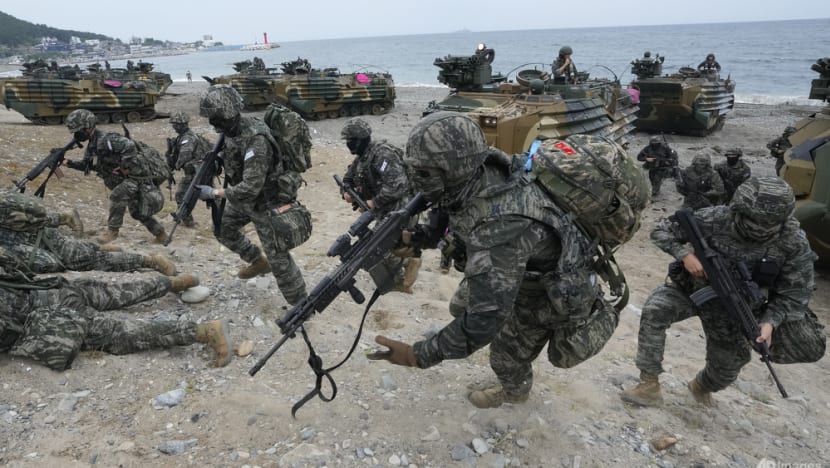The WHO Regional Office for Europe is initiating a new Regional Civil Society Organizations (CSO) Network, with the aim of establishing a permanent dialogue with civil society to expand knowledge and skills for emergency preparedness and response.
The setting up of the network will follow on from a one-year pilot WHO/Europe initiative, which came to an end in December and in which 11 CSOs in eight countries worked directly with vulnerable groups to respond to the COVID-19 pandemic.
Commenting, Dr Dorit Nitzan, Regional Emergency Director for WHO/Europe, said, “It is clear that strong partnerships between civil society organizations can make a real difference. By sharing experience and knowledge and supporting each other, health authorities and WHO can make policy-making inclusive, particularly for the most vulnerable groups. The expertise of CSOs in working with communities can help health authorities understand better how to engage communities in a meaningful way, and in the process empower people in underrepresented communities”.
An informal kick-off meeting of regional CSO networks was organized at the end of November to take stock of the pandemic response and explore best approaches to bridge regional and national civil society engagement for health emergencies.
WHO/Europe has already undertaken work in countries with the help of civil society organizations, for example in Georgia, where health workers received training to respond to the needs of victims of interpersonal violence during the pandemic, while in Serbia civil society helped build bridges between refugees, migrants and health workers.
Furthermore, a network of Greek civil society organizations worked to reduce barriers to health and education for young people living with disabilities during the pandemic.
Exchanging knowledge to identify barriers and opportunities
The group discussion between WHO/Europe, UNICEF, UNHCR and 10 regional CSO Networks from different sectors of the community focused on community engagement in health emergencies with four guiding points:
- community structures that can be engaged/leveraged in an emergency
- opportunities for the inclusion of community voices in governing processes and outcomes
- main drivers and barriers to community engagement during the COVID-19 pandemic; and
- potential solutions to the challenges that prevent effective community engagement.
The session was also an opportunity for participants to share their own experience and that of the communities they represent with regard to community-led solutions in the context of the COVID-19 pandemic.
The strength of cross-thematic discussions
Five shared lessons learned came out of the discussion.
- Don’t reinvent the wheel – utilize the resources and structures that are already in place.
- Communication is key – clear, concise and easily understood information in a language suitable for the community is essential to effectively engage with its members.
- There is no one-size-fits-all approach – the complexities and cross-cutting nature of communities must be understood and respected for meaningful engagement.
- Share information – this is the best way to identify potential areas of support and collaboration.
- A multilayered approach is needed – connecting actors at both the European Region and local levels is key. A regional approach is needed in the preparedness phase (through mapping CSOs, establishing dialogues and identifying necessary capacities).
Acting locally in the response phase is vital (through partnerships with local CSOs to run operations or co-design local plans).
The way forward
Building upon the meeting, WHO/Europe will work with the network to form community-based partnerships from country to international level.
It will also capitalize on the expertise and experience of the group to co-design guidelines and toolkits in a way that can be adapted and that documents the lived experience of those most affected during a crisis.
Note: This article have been indexed to our site. We do not claim legitimacy, ownership or copyright of any of the content above. To see the article at original source Click Here













